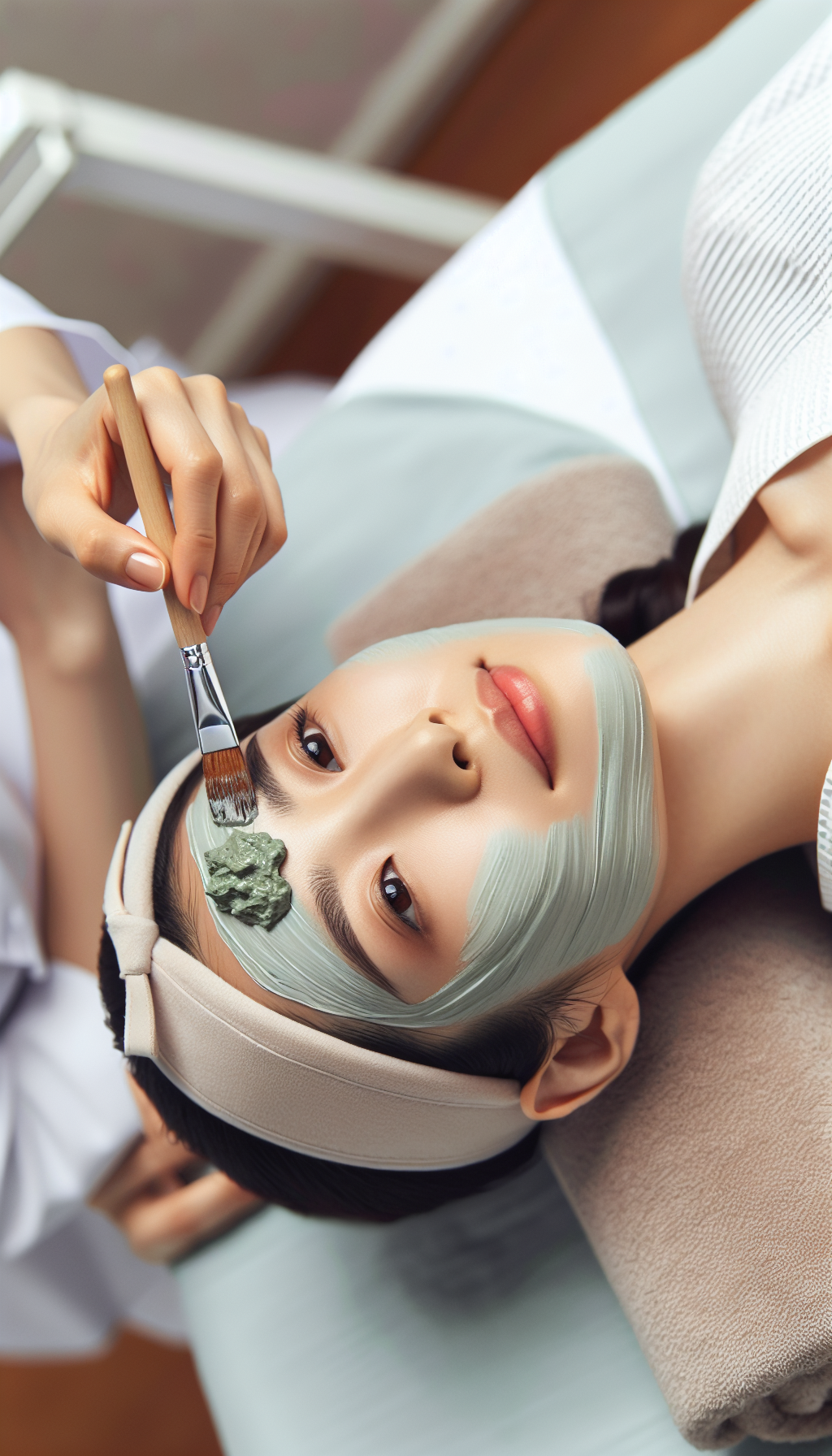Summer is synonymous with warm weather, sunny days, and outdoor activities. However, maintaining a radiant complexion amidst the heat and humidity can be a challenge. As the seasons change, so too should your skincare routine. This comprehensive guide will help you keep your skin glowing all summer long, with tips that ensure your skin remains healthy, hydrated, and protected.
Understanding Summer Skin Needs
During summer, your skin’s needs change due to increased temperatures and humidity levels. These conditions can lead to excess sweat and oil production, which may clog pores and cause breakouts. Additionally, prolonged exposure to the sun’s UV rays can damage the skin, leading to premature aging and increasing the risk of skin cancer. To address these challenges, a shift in your skincare approach is necessary.
Hydration is Key
One of the most important summer skincare tips is to keep your skin hydrated. High temperatures can lead to increased perspiration and sebum production, which, paradoxically, can dehydrate your skin. Drinking plenty of water is essential, but topical hydration is just as crucial. Look for lightweight, non-comedogenic moisturizers that contain hyaluronic acid or glycerin to draw moisture into the skin without causing breakouts. For more information on how skin hydration affects acne and its treatment, consider reading How Skin Hydration Affects Acne and Its Treatment.
Sun Protection
Sunscreen should be your best friend during summer. Apply a broad-spectrum sunscreen with at least SPF 30 to all exposed skin, and reapply every two hours, or more frequently if swimming or sweating. Remember that UV rays can penetrate through clouds and windows, so it’s important to wear sunscreen even on overcast days or when indoors. Protecting Skin from Photoaging: Causes and Solutions offers additional insights into safeguarding your skin from the sun.
Antioxidants for Defense
Antioxidants are your skin’s second line of defense against the harmful effects of the sun. They work by neutralizing free radicals that can cause oxidative stress and damage skin cells. Incorporating antioxidant-rich products, such as those containing vitamin C, vitamin E, or green tea extract, can help prevent this damage. To delve deeper into this topic, you might want to read about Using Antioxidants to Prevent Skin Damage.
Exfoliation for Radiance
Regular exfoliation can help remove the buildup of dead skin cells, which is especially important in the summer when sweat and oil can lead to congestion. Choose a gentle exfoliant that won’t irritate your skin — chemical exfoliants like AHAs or BHAs are often preferred over physical scrubs as they are less abrasive. However, be cautious with exfoliation frequency, as over-exfoliation can strip the skin of its natural oils and lead to irritation.
Nourish with Vitamins
Vitamins play a crucial role in maintaining skin health. Vitamin A helps regulate skin cell turnover, while vitamin C is essential for collagen production and skin brightness. Vitamin E is known for its moisturizing properties and its ability to protect the skin from environmental damage. A balanced diet rich in these vitamins can support skin health from the inside out. For those interested in the connection between nutrition and skin health, Key Vitamins for Skin Health and Repair provides valuable insights.
Combat Humidity with Proper Cleansing
With increased humidity, your skin may feel greasier. Switch to a cleanser that can effectively remove excess oil without stripping the skin. Gel or foam cleansers typically work well for oily and combination skin types. For those with dry or sensitive skin, a gentle, hydrating cleanser is best to avoid irritation.
The Role of a Balanced Diet
What you eat has a significant impact on your skin’s health. A diet rich in fruits, vegetables, whole grains, and lean proteins can provide the nutrients your skin needs to stay healthy. Omega-3 fatty acids, found in fish and flaxseeds, are particularly beneficial for maintaining skin’s elasticity and can help reduce inflammation.
Manage Stress for Better Skin
Stress can exacerbate skin issues like acne and eczema. Practices such as mindfulness, yoga, or any enjoyable activity can help manage stress levels, benefiting your skin’s appearance. The Therapeutic Effects of Massage on Skin Health discusses how massage therapy can be a useful stress-relief method that also promotes skin health.
Tailor Your Skincare Routine
Just as you might change your wardrobe for the summer, it’s essential to adjust your skincare routine. Lighter formulations can replace heavier creams, and products with mattifying properties can help control shine. It’s also a time to pay closer attention to your skin type and any changes that might occur due to the weather.
For more specialized advice on creating a summer skincare routine that caters to your specific skin type, you can explore resources on Skin Health and adjust your regimen accordingly.
Expert Advice and Regular Check-Ups
Regular visits to a dermatologist can help identify any skin issues early on. They can provide tailored advice and treatments to ensure your skin remains healthy throughout the summer and beyond.
Conclusion
Achieving and maintaining glowing skin during the summer requires a combination of proper hydration, sun protection, antioxidant use, gentle exfoliation, and a balanced diet. By adapting your skincare routine to the season’s demands and seeking expert advice, you can keep your skin radiant and healthy all summer long.
For those seeking further information on specific skincare concerns or advanced treatments, niche resources like the Skin Cancer Foundation for sun protection tips, National Eczema Association for managing summer eczema flare-ups, and Academy of Nutrition and Dietetics for dietary recommendations can provide additional guidance. Remember that while these tips can help enhance your skin’s summer glow, a personalized approach tailored to your unique skin type and needs is always best.



